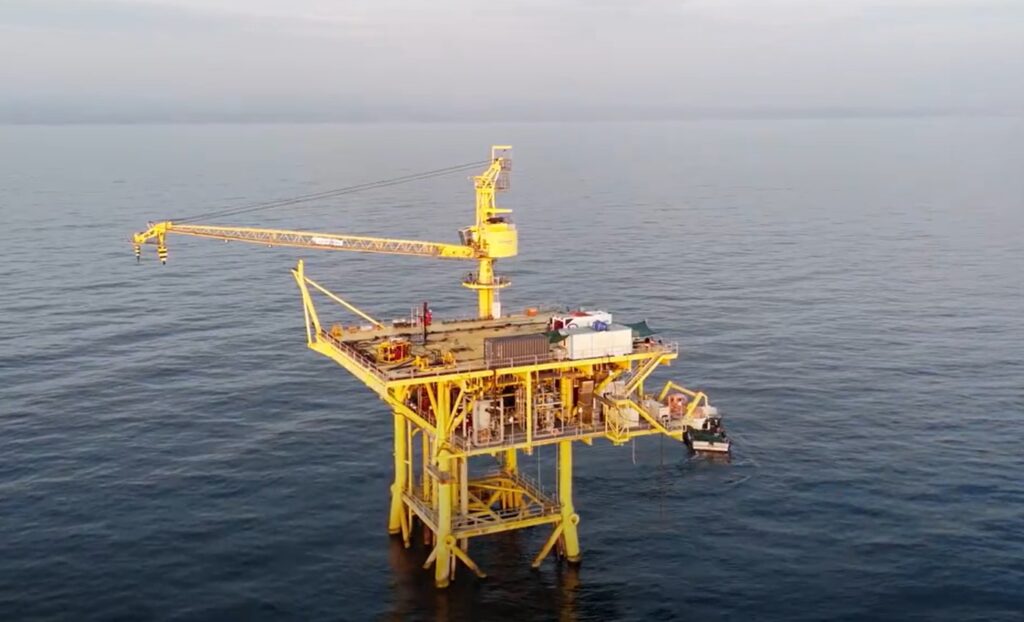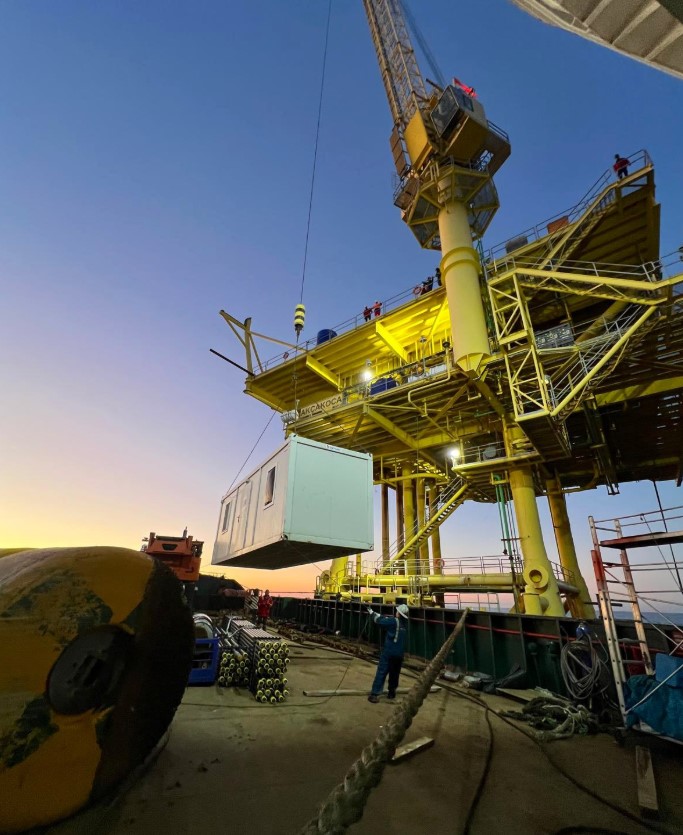Jobs
Work forging ahead to increase output at Canadian player’s Black Sea gas field

Canada’s oil and gas player Trillion Energy has kicked off activities on two tripod platforms as part of its efforts to boost production and optimize gas flow at a field offshore Türkiye.
On December 31, 2024, Trillion shared that a crane barge arrived at the SASB gas field to transport the snubbing unit from the Akçakoca platform to the Akkaya tripod for the next operation on the Alapli-2 well where 2,996 meters of 2 3/8″ tubing will be inserted.
The Canadian firm kicked off velocity string operations at the field in October to replace 4 1/2″ production tubing. This was followed by the start of snubbing operations in November and inserting velocity strings in four existing wells in late December after the player faced some weather-related days.
After “key” equipment, including the snubbing unit, high-pressure hoses, and other essential components, was offloaded onto the Akkaya platform, the snubbing unit was rigged onto the Alapli-2 gas well. On January 2, 2025, Trillion disclosed that the installation of the velocity string tubing at the well officially started.
Following the completion of Alapli-2, the snubbing unit is slated to be moved to the East Ayazli tripod using a crane barge. There, 2,888 meters of 2 3/8″ velocity string tubing will be run in the Bayhanli-2 well.
Trillion says it intends to use three sets of burst discs in each well to float the tubing in the horizontal section of the wells during installation, which will then be ruptured. The crane barge and snubbing crew will be released once the velocity string is run in the wells.

Nitrogen stimulation activities will follow suit, which the Canadian firm claims have been proven effective in kicking off previous gas wells.
If the weather permits, the Canadian player hopes to complete the whole operation within approximately two weeks. Additionally, Trillion shared it is sizing gas lift compressors for various wells, starting with South Akçakoca.
The velocity string program forms part of the second stage of the workover program intended to revitalize the field and sustain long-term natural gas production. Phase 1, which entailed perforation operations, was completed in mid-August.









